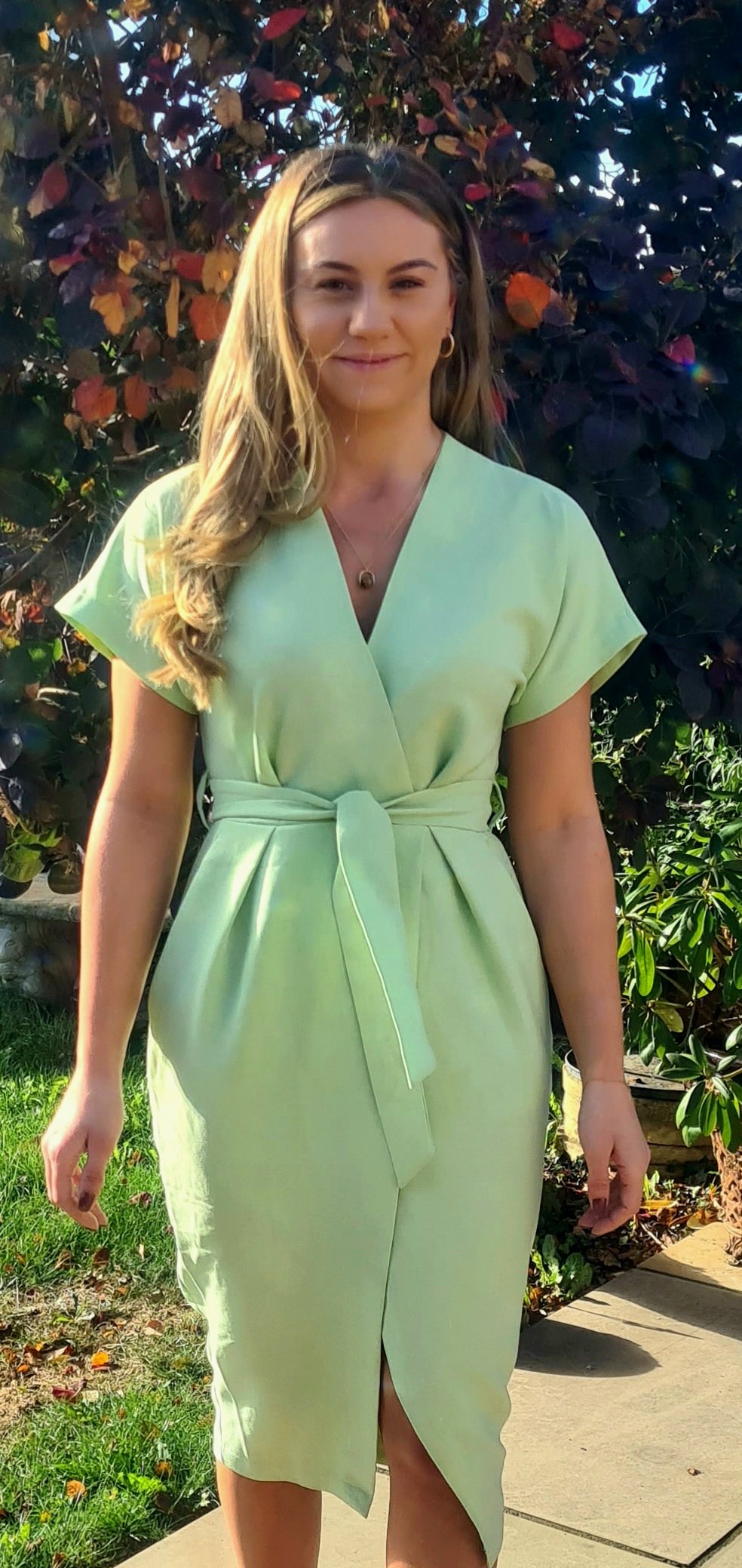Chloe vincent named first next gen media lawyer of the Month
Since qualifying in 2022, Chloe has been making waves as an associate at Thomson Heath Jenkins & Associates. With her passion for media law, her dedication to her work and 7+ years of experience under her belt (despite only being 26), Chloe has made a sprinting start to her career.
In this candid interview, she shares her journey from how she stumbled into law, to her experiences balancing work and study, and opens up about facing challenges and setbacks.
Congratulations to Chloe for being named the first Next Generation Media Lawyer of the Month!
What made you decide to become a lawyer?
I was very fortunate to be offered a temporary job at THJ (as it is now!) during the summer of 2016, to assist with preparing the files for a lengthy costs assessment. It ended up being 200+ files of documents so was very much jumping in at the deep end!
At the time, I had just finished my A-levels and wasn’t really sure what I was going to do going forward. Thankfully, the opportunity came along and I ended up really enjoying the work and the whole environment. At the end of my temporary contract, I was offered a permanent job and knew then that it was my opportunity to make a go of it.
You were awarded a first-class honours in your law degree. How did you balance working full time whilst studying?
I decided to do my degree because I already loved the job, and knew for certain I wanted to be a solicitor. Having this end goal kept me motivated.
Studying a full-time law degree in the evenings at Birkbeck University was a really hard balancing act and it did mean sacrificing things, such as parts of my social life and some sleep! But I tried to ensure I had regular downtime and worked really hard at combatting the study-guilt.
When my degree intensified in the final year, I did drop down to working 4 and then 3 days. This was really important so I could commit more time to my exams and reach the best of my potential, whilst maintaining a high standard of work at THJ.
Tell us about a time where you had to stay motivated and inspired when faced with challenges or setbacks.
Unfortunately, I suffered a huge bereavement during the first year of my law degree, when my father passed away quite suddenly. I think that is probably the biggest challenge/setback I will ever face in life generally. At the same time, it probably also worked as a huge motivator for working hard to achieve what I wanted and making the most of the time we get, as I was hyper-aware that life can be short.
I managed to finish the first year of my degree and then decided to take a year’s break. I think that may have been the most important part for me in staying motivated, listening to my body and taking note of my mental state and health and reclaiming time to give myself a break without feeling guilty. It allowed me to restore and recharge and pick things back up from a stronger position.
During the break, I was contacted by my university as I had been awarded the Sweet & Maxwell award for Outstanding Performance. It was a huge shock to me, as I had put it out of my mind somewhat in order to grieve, but felt like divine intervention if you believe in that - like another thing or sign to show me I was on the right track and definitely motivated me to continue studying and reach the end goal of qualifying as a solicitor. I was inspired by the work and if you are genuinely passionate about something, it is always much easier to stay motivated in spite of the setbacks.
What do you believe to be the biggest challenges facing media lawyers in the next 5 years.
The obvious and most imminent challenge is the hotly debated SLAPPs bill. In its current form, I believe it would make it increasingly difficult, create barriers for access to justice, and a potential huge costs risk for individuals to seek to protect their reputations, particularly at the pre-publication stage – even where proposed publications may be untrue and without foundation.
Additionally, as everyone is aware, we are seeing a huge rise in the use of AI/deep fakes, which can fuel a wildfire-like spread of misinformation. It is a developing area of society and the law, and it’s difficult to know at this stage how challenges with AI and deep fake material will manifest themselves in media law – it goes without saying that we have seen that their use can pose huge reputational concerns for individuals and companies. If the use continues to increase, I think it is going to make for an interesting and complex part of the media law sector.
What one piece of advice would you give to aspiring lawyers?
Imposter syndrome is completely normal. Particularly, if you are entering the career from a more working class area/education like I did, but don’t let it overtake or intimidate you. The legal world can only ever benefit from diversity and having input and opinions from all different walks of life.
